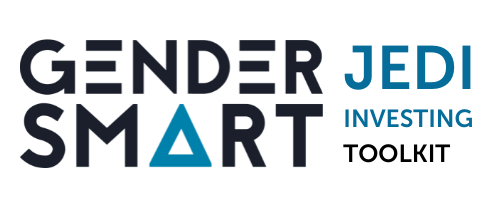Minimizing and addressing implicit bias in the workplace
By Shamika Dalton and Michele Villagran: Awareness of our implicit biases, and how they can affect our colleagues and work environment, is critical to promoting an inclusive work environment. Part one of this two-part article series will focus on implicit bias: what is implicit bias, how these biases affect the work environment, and best practices for reducing these biases within recruitment, hiring, and retention in the library workplace.
Meyer's DEI Spectrum Tool
The Diversity, Equity and Inclusion (DEI) Spectrum Tool was created to help organizations assess where they are on their DEI journey and to identify potential areas for future work. It is also intended to provide shared language to help Meyer staff and nonprofits talk together about what DEI currently looks like in an applicant's organization and opportunities for growth.
ILPA Standardized Due Diligence Questionnaire
ILPA Standardized Due Diligence Questionnaire for institutional investors.
Inclusive Impact: A Comprehensive Review of Diversity in the Social Investment Sector
From The Diversity Forum: In 2018 Inclusive Boards was commissioned by the Diversity Forum, funded by the Connect Fund to extend and contribute to existing research on diversity in the social investment sector. The primary aim of this research was to use different data collection methods to better understand why there are ceilings for women in management positions and ethnic minorities in back office functions. They also examined other diversity strands whilst taking into account intersectionality factors.
Gender Equality and Social Inclusion Strategy 2018–2022: Fiji Women’s Fund
The Fiji Women’s Fund is an initiative of the Pacific Women Shaping Pacific Development (Pacific Women) Program, funded by the Australian Government. In November 2015, DFAT commissioned a three-member design team to develop the Fund design. The design team consulted with a range of stakeholders including key women’s civil society organisations and rural women’s groups, government, private sector and development grantees. The consultation highlighted the positive interest and support from women’s civil society organisations for the Fund to be locally owned and managed. However, there was strong consensus among women’s organisations that the process for localising the Fund required time and planning, and that this would be the key focus of the Fund while it is supported by DFAT until 2022. The Fund commits up to AU$10.5 million from July 2017 to June 2022 to women’s organisations, groups and networks. It will provide funding and capacity development support to women’s groups, organisations and networks in Fiji to expand and enhance their work on women’s empowerment and gender equality.
CFA Institute's Twenty Actions and Best Practices to Promote Inclusion in the Workplace
CFA Institute has devised a list of 20 concepts that repeatedly came up in gatherings of asset management firms to openly discuss inclusion & diversity, and offers recommended actions for how to use them.

